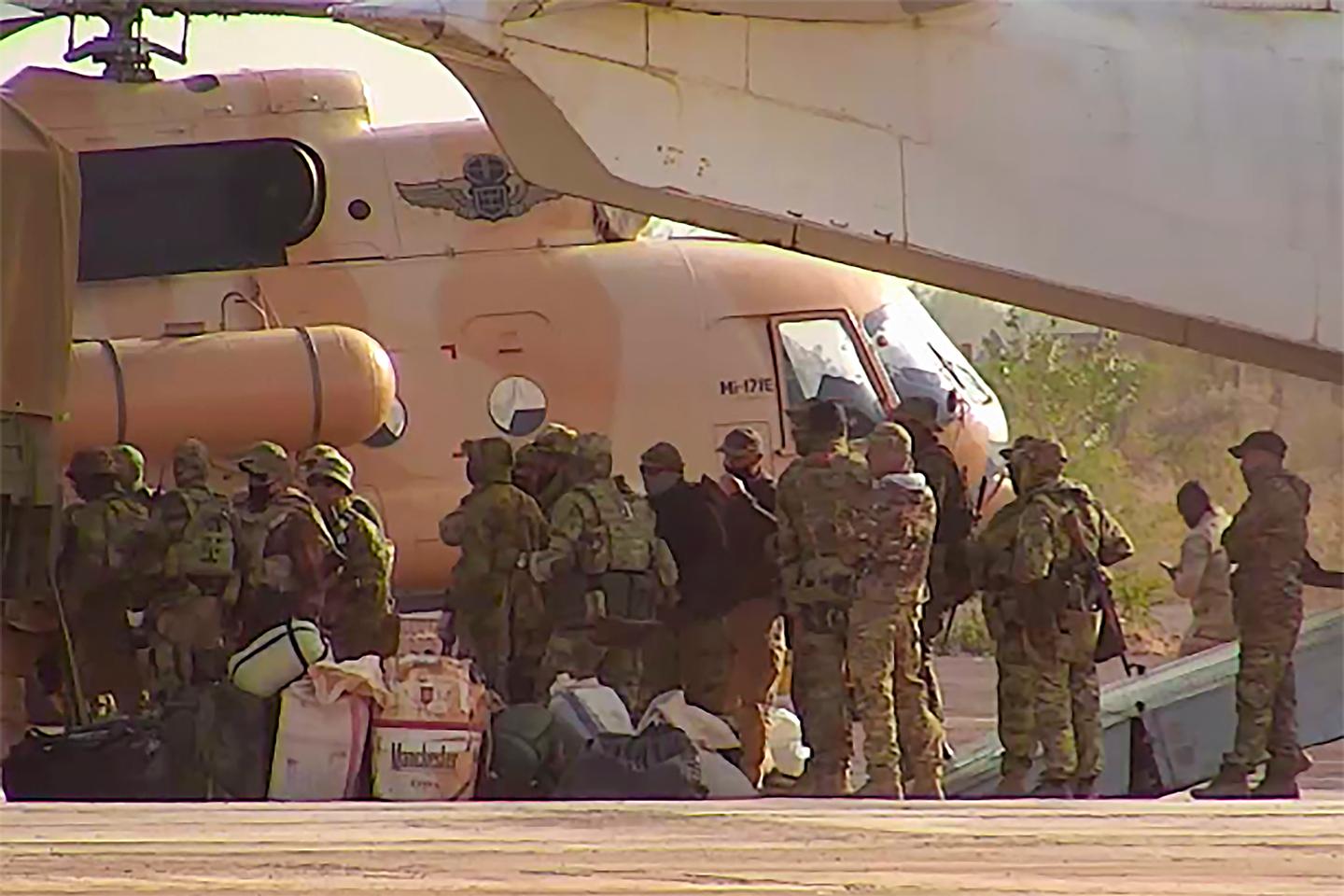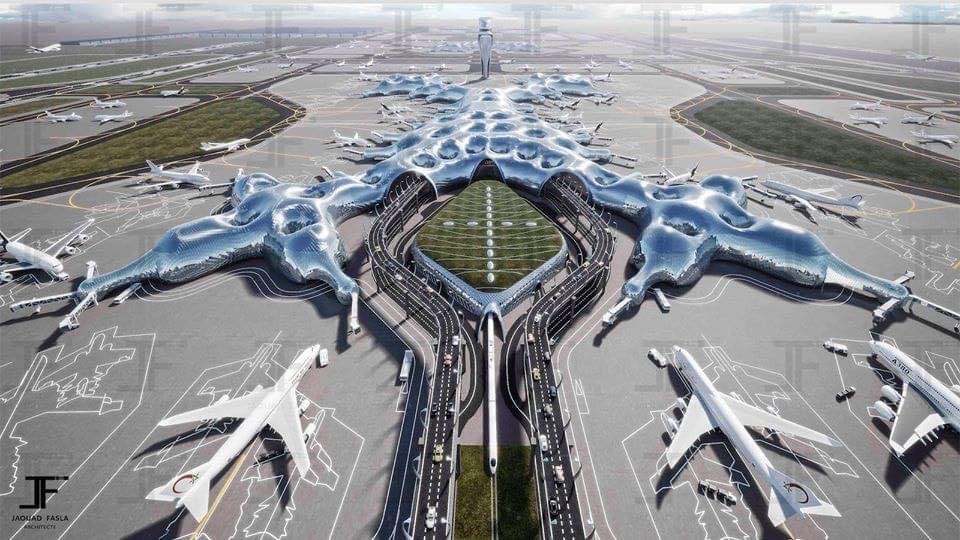Salem AlKetbi: Outlook for the military clash in Sudan

Sudan’s army and Rapid Support Forces (RSF) butted heads in a military confrontation, stirring up regional and global attention, and raising questions about its ultimate resolution. Will it persist as a protracted conflict or be swiftly resolved?
Regrettably, previous hopes for a speedy resolution have been shattered, along with aspirations for stability and security in impacted nations and areas.
The military altercation in Sudan bears geopolitical implications, both overt and covert, as well as identity-based components. Some view it as a showdown between the country’s east and west. However, it’s evident that the dispute revolves around power and sway, particularly between army chief Burhan and RSF honcho Hemeti.
Despite a fresh ceasefire accord, the chances of a quick resolution are slim, as both factions possess arms and foreign backing. The truce’s primary goal was to evacuate foreigners and diplomats from the area.
The Sudanese discord is apt to endure because of the present global system’s stagnation and fragmentation, which complicates reaching an agreement on a solution. Prominent global players are preoccupied with the war in Ukraine, projecting that stand-off into other regions, including Sudan. According to media accounts, several global entities seek to capitalize on the strife to serve their interests, either directly or indirectly.
The noteworthy feature of this dispute is the mediation proposals from entities outside national or international entities. The Russian Wagner group, (below) the Russian paramilitary group, offered to mediate between the Sudanese army and RSF to end the turmoil.

The US Defense Department has recognized the group’s involvement while opposing any outside effects that may prolong the strife. US Secretary of State Antony Blinken voiced apprehensions about the presence of Prigozhin’s group (Wagner) in numerous African states, typically resulting in more casualties and devastation.
Nevertheless, this stance isn’t universally shared, notably as the US is directly involved in other crises, such as Ukraine.
Preventing a large-scale Sudanese migration to Europe via the Mediterranean Sea is a present preoccupation for the West. This possibility frightens the EU, given the deteriorating security scenario in Libya, heightening the odds of crossing to Europe via Libyan shores.
Consequently, the supervision of Sudanese borders and passages is a crucial issue for Western metropolises. Besides the strategic concerns related to conflicts of influence and power, the US is apprehensive about its 16,000 dual-nationals in Sudan, as per John Kirby, spokesperson for the US National Security Council.
Efforts by Arab, regional, and international actors to mediate the Sudanese conflict are deemed a crucial determinant in predicting the timeline of the conflict. However, the absence of satisfactory outcomes is probable to continue due to the fundamental crisis in Sudan, comparable to other unresolved Arab crises like those in Libya and Lebanon.
The primary root of these crises is the fierce power struggle among parties and adversaries, making a genuine solution reliant on sidelining these factions, beyond anyone’s control. Consequently, Arab crises persist unresolved for the moment.
What’s worse, the Sudanese predicament involves not only military groups but also political parties and factions that can’t come to an agreement, exacerbating the crisis since its inception. Additionally, there are substantial disputes, including tribal and regional tensions, and other domestic conflicts that must be considered. Therefore, it’s hard to predict a resolution to the ongoing Sudanese situation very soon.
The author is an an UAE political analyst and former Federal National Council candidate
Want to chase the pulse of North Africa?
Subscribe to receive our FREE weekly PDF magazine














